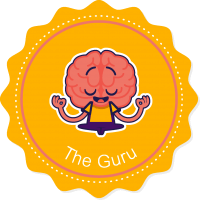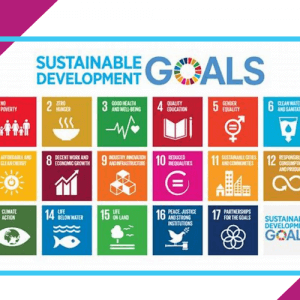Digital Disruption and the Evolution of Education
The annual Indian budget of 2016-2017 included a reform stating technological intervention in the education sector. The reform endorses the importance of technology-driven education to help students pursue various jobs. It demands education to be modified and deep-rooted in technology. Apart from teaching the basics of computers, schools are adapting parallel methods like gamification and adaptive learning through artificial intelligence, to fulfill this prerequisite.
As with everything else in our daily lives, digital disruption has changed how we think of and approach education. Digital development has challenged the long-standing traditions of education systems across the world.
Let us look at some of the ways digital intervention is informing and shaping the major trends in education.
Collaborative and creative classrooms
With a growing demand for learner-centric models of teaching and learning, there has been a proliferation of methods and pedagogies that emphasize the importance of active learner engagement. Moving away from passive reception of instruction, learners now are expected to explore, collaborate and create using different skills and tools. Classrooms are becoming spaces of interaction and creativity where knowledge can be applied and related to real-life situations. There is equal focus on personal and academic development.
Teachers are implementing concepts like makerspace and project-based learning, which provide the learners with the freedom to create. Project-based learning allows children to engage with a real-life problem and find solutions. Some schools take the children on a field trip to the ice-cream factory when they learn about milk and its health benefits, as ice-cream is a by-product of milk and it also excites most children.
Makerspace is a place where learners gather to discuss and share resources and knowledge to make things using appropriate tools, material and technology. When they intersect with the learners’ area of interest, Makerspaces can do wonders.
Makerspace, when integrated to intersect with the child’s area of interest could do wonders. If a child shows keen interest in constructing objects, the child can be encouraged to use Lego to build historical monuments or can also learn mathematical fractions and data sets.
With the advent of technology, classrooms have become more dynamic and interactive allowing for greater participation from learners. Personalized digital instruction, adaptive learning and regular assessment for remedial activities cater to these aspects. A school in Bangalore effectively implements learning through artificial intelligence. The school creates digital lessons on national subjects and trains teachers to use them as teaching tools. These digital devices serve as a support to the teacher, telling them what topic they need to teach and how they can best engage the children. This has benefitted children across rural areas, guiding them to think and analyze effectively.
Inclusive education
The demand for inclusive education has gained momentum. The fact that each child processes information differently has also found global recognition. As a result, education technologies increasingly focus on adaptive learning, analytics and customised instruction. This also brings about the much-needed equality in the access to education for the differently-abled. Technology can be an equaliser in classrooms. While we still grapple with the limitless possibilities it can offer, and the attendant issues of cost and accessibility to a wider segment, specially designed programs are beginning to provide learners with differential abilities opportunities to engage and perform alongside their peers.
Legislative reforms and recognition of the need to enhance inclusion in our classes have fostered varied solutions to address the requirements of all the learners.
Apart from the differentiated learning capabilities of each child, specially-abled children are given an equal opportunity to gain scholastic excellence. According to the news report published in India Today dated January 3, 2017 the Guwahati government announced reformed education facilities, for specially-abled children. The educators are adapting inclusive education by making education interactive and creative.
In November 2017, Vidhi Center for Legal Policy filed an appeal seeking to ensure that the Right to Education for children with disabilities be enforced across the country. Read all about it here:
Parents as Partners
One of the most crucial factors in the success of education systems is parent involvement. Parents have shown great interest in frequent updates of the learners’ performance in the school environment, and the schools in turn are asking for increased involvement of parents both in classrooms and co-curricular activities, making it a healthy community-level process. Parents are also initiating activities outside the school environment, allowing children to gain fresh perspectives and deeper understanding of the subject.
With the rapid change in the educational sphere, parents are required to engage with the schools to prepare the learners for an ever-evolving world, and at the same time, to understand and keep up with the changing nature of education systems themselves. Technology enables regular and two-way communication between parents and schools. Analytics and assessments can support parents by providing customized updates for the learners. Parent education about technology is key in supporting the learners who are digital natives.
The contemporary trends in education have made room for adaptation of the blended learning technique, where teachers impart knowledge that is clearly chaperoned by technology. Aligning with the concept of learner centricity, both meta-cognitive awareness (which involves thinking about one’s own development of knowledge, critical thinking and self-introspection) and meta-affective awareness (which means a knowledge of one’s own emotions and the ability to channel them) have also become increasingly pertinent.




